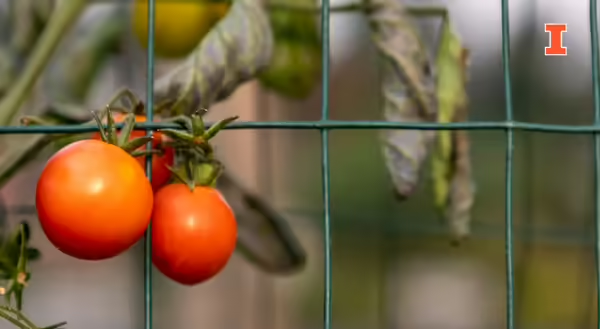
Once fall hits, I feel myself starting to lose interest in my garden. As I pull the last few tomatoes out and look at the squash with their dessicated, powdery mildewed leaves, I long for the fresh new promises of spring. But, like it or not, there are a few chores left before shutting down for the year and starting to plan next year.
Make some notes
First, take stock of your garden. What worked? What didn’t? What was planted where? Make some notes to help jog your memory again in the spring. Was there a particular variety of pepper that did well? A squash that needed a little more space than anticipated? Making these notes now will help you make better plans for spring.
Clean up
Fruit and vegetable matter should be removed after the first frost (or for cool-season crops, whenever it’s done). Leftover plant material can harbor disease and insects that can doom next year’s crop. Chop up plant material and add to your compost—as long as it’s not diseased. Adding diseased plant material to your compost can risk spreading the disease to other parts of your yard. Diseased material should be disposed of in commercial yard waste pick-ups.
Protect your soil
Consider adding a cover crop to help protect and enrich your soil. Cover crops, including clover and legumes, can enhance soil structure, add essential nutrients like nitrogen back into the soil, and suppress weeds, all while providing habitat for beneficial insects and promoting biodiversity. Plant the cover crop soon after clearing. If the cover crop isn’t killed by winter temperatures, cut or mow it close to the ground when plants begin to flower. Leave the cut portion on top of the soil as mulch for 2 to 4 weeks before planting anything else.
Additional chores
- There are a few other fall chores to remember, such as disconnecting and draining hoses. If hoses are left attached to outdoor spigots, they may freeze and crack the spigot, leading to costly repairs.
- Bring houseplants back indoors when nighttime temperatures get down into the 50s. Quarantine them for a week or so in a garage or basement, just in case any critters have taken up residence in the soil.
- Also, clean, sharpen, and lubricate tools like loppers, shears, and mower blades. Keeping them clean and well-lubricated over winter will have them ready to go in the spring.